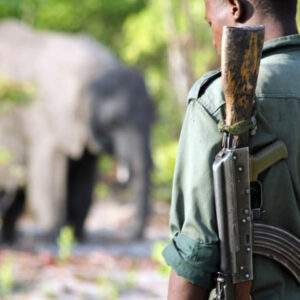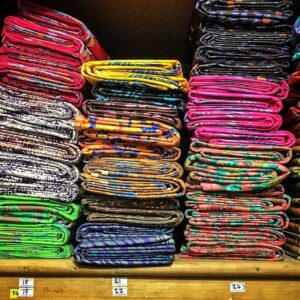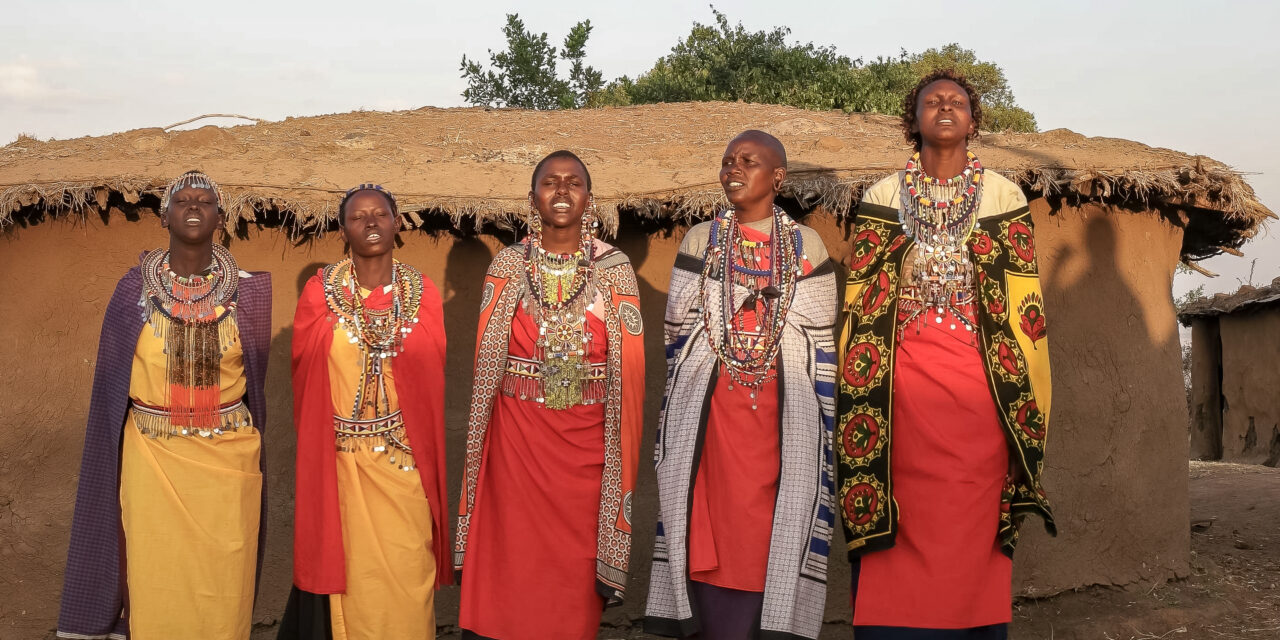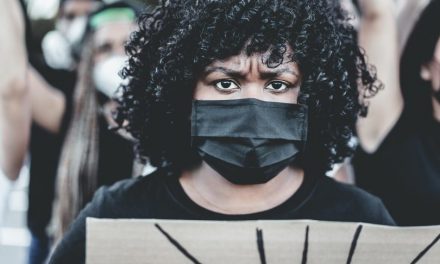Throwing a spotlight on women taking up space is what we do best at FemInStyle Africa. In this article, we focus on community-based conservation efforts in rural Zambia through what became a 5-month long email interview facilitated by Jeni Vanhoucke, the director of Game Rangers International’s community outreach program. The reason being that internet access is a privilege in the bush but with the level of commitment this organization has invested in their work, we believe this is a story worth telling.
Can you explain what tools and strategies you used to engage with the community in setting up women empowerment programs? How do your women cooperatives work? What types of activities do they partake in? Where are they based? When did they start operating?
Game Rangers International(GRI) has been establishing women’s groups in Zambia since 2015 and have since empowered over 200 women with sustainable livelihoods. The groups are in the remote, rural communities contiguous to Kafue National Park;the largest protected area in Zambia.
We work with both at risk women, and the wives and widows of Rangers by establishing women’s groups in remote rural communities and provide them with comprehensive empowerment training. In addition to conservation awareness, the training includes life skills such as budgeting, nutrition, family planning and first aid. The women have become increasingly confident and started really supporting one another.
Each group is then empowered to initiate an income generating project. GRI provides training, on-going mentoring support, and where possible, the tools and equipment needed to launch a small business. The groups identify their own livelihood projects, based on the needs of their specific community and the existing skills, resources and experiences of the group. For example, we have one group that run a bakery, another with a tailoring business, we have chili farmers and ladies who make curios to sell in local lodges.



Why are these empowerment programs so important?
Single, unemployed women in Zambia are vulnerable to exploitation. Those living alongside wildlife are known to take in seasonal ‘boyfriends’ – poachers willing to exchange bushmeat and money for secure accommodation on the borders of Protected Areas. Fearing for their reputations, these unmarried women are careful, loyal, and discreet.
They are also used to trade and traffic illegal wildlife products. With increasing frequency, Law Enforcement Rangers are apprehending female traffickers who have been caught using their hair, clothing, and even young children to conceal wildlife products. Fearing for their lives, women are less likely than men to report wildlife crimes, but through their silence and compliance they have become major facilitators in the illegal wildlife trade.


Can you give an instance where the different perspectives of men and women contributed towards communal management of natural resources?
In rural Zambia, we have found that although men are typically the family breadwinners, it is their wives who set and spend the household budget. Talking to women and understanding how expenditure is divided up between food costs, school fees, health care etc. has been so important in helping us design and implement worth-while and meaningful conservation projects.
How do you gauge the success of your efforts?
Our successes are based on the level of sustainability and sense of community that the women can achieve. On average the ladies can double their family income within four months. We implement a very simple business model – for every product sold, whether that be a bread roll or a basket, 50 percent of profits go to the individual who made it and 50 percent goes back into the group. Whilst the group fund is usually spent on procuring additional supplies and materials, we have had groups who have chosen to put these funds towards their own community, for example starting a school feeding program, or supporting survivors of domestic violence.


How significant is the contribution of locals and their knowledge in your work?
It is imperative that the local communities are involved in the design and planning process of our community-based conservation initiatives. All GRI’s Community Outreach Rangers are locally employed from the communities that we serve. We work closely with traditional leaders and community resource boards to ensure that our projects are culturally and contextually relevant and responding to the most critical needs.
What has been the biggest challenge regarding women empowerment communal groups’ pre and post COVID-19?
Pre COVID-19, the biggest challenge to the women’s groups were lack of market access and transportation as many of the groups are situated in extremely isolated communities. The pandemic exacerbated these issues and added further challenges, as the Community Outreach Team were forced to stop all movements into the community for safety reasons, and all social gatherings were prohibited by government. We learnt to adapt and deliver training and support to these extremely remote communities via video messaging!
What are your thoughts on the impact of Covid-19 on the tourism industry? What have been the main lessons throughout the pandemic?
Ordinarily, the wildlife and tourism sectors contribute 6.5% of GDP and 10% of formal employment in Zambia. The pandemic continues to have a devastating effect on the economy as lodges have been forced to close, and service providers find themselves redundant. Loss of income and employment has led to an increase in illegal wildlife crime, as community members living close to Protected Areas are forced to find alternative ways to feed and support their families, and face far less human presence within the Parks.
A key lesson we have learnt as GRI, is that it is crucial for us to implement livelihood initiatives which complement and support the tourism industry whilst at full capacity, and crucially, to supplement workers’ households with alternative income during major shocks.
What would you like people to know about conservation and your work?
At GRI we take a holistic approach to conservation, empowering Rangers across three core themes – Wildlife Rescue, Resource Protection and Community Outreach. We believe that sustainable and long-term conservation can only be achieved if communities living around protected areas are fully informed, fully involved, and fully able to experience the benefits of healthy and viable eco-systems.



How best can allies/advocates for conservation support you?
Wildlife conservation supporters can visit GRI’s projects in Zambia; volunteer with us; shop, sponsor a Ranger, or make a symbolic adoption of an orphaned elephant and donate or participate in one of our fundraising events. Information on all the above can be found on our website.





